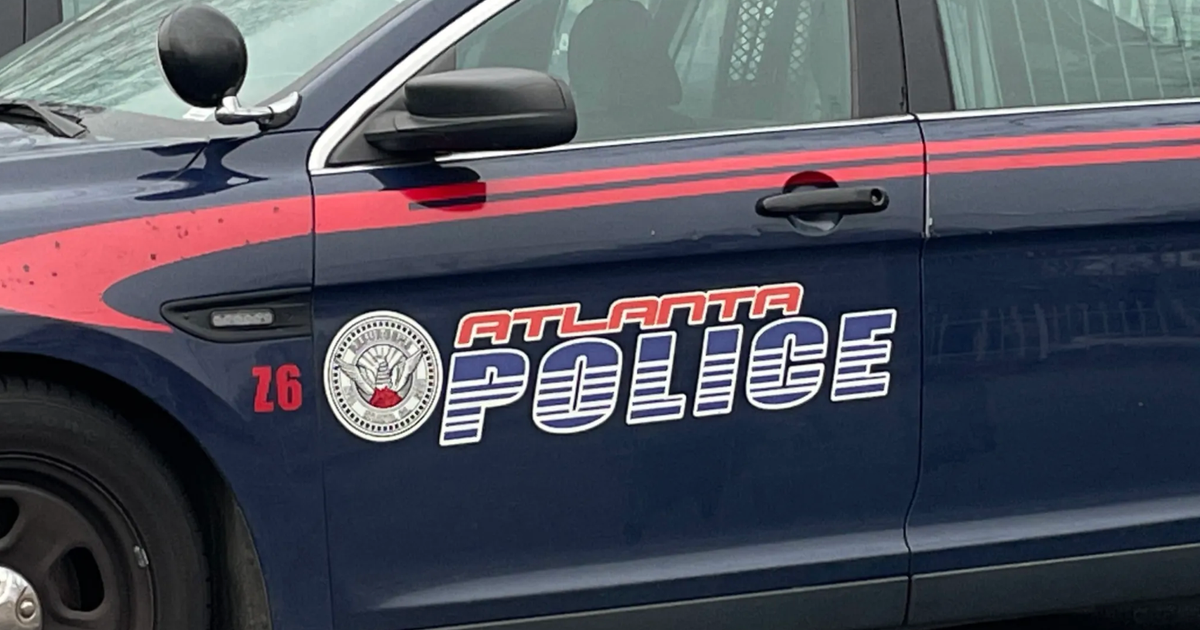$2.5 million settlement for couple in bizarre kidnapping police called "Gone Girl" hoax
VALLEJO, Calif. -- A couple reached a $2.5 million settlement with a Northern California city and its police department after investigators dismissed the woman's elaborate and bizarre kidnapping as a hoax.
Police in the city of Vallejo initially discounted a report by Denise Huskins and her boyfriend, Aaron Quinn, that a masked intruder drugged them in their home and then kidnapped her in 2015.
The assailant sexually assaulted Huskins and released her two days later outside her family's home in Southern California, more than 400 miles away. The Associated Press doesn't normally name victims of sexual assault, but Huskins has frequently spoken publicly about the case in the past.
Police realized the couple were telling the truth after a disbarred Harvard University-trained attorney, Matthew Muller, was implicated in another crime and tied to the abduction. He pleaded guilty to the kidnapping and is serving a 40-year prison term.
Family of Quinn and Huskins confirmed to CBS Sacramento reporter Steve Large that the $2.5 million settlement was reached in the defamation suit Thursday.
Vallejo police had apologized after discounting the outlandish kidnapping.
Muller used a drone to spy on the couple before he broke into their home with a fake gun, tied them up and made them drink a sleep-inducing liquid, prosecutors said. They were blindfolded while Muller played a recorded message that made it seem as if there was more than one kidnapper.
Tape-covered goggles were allegedly put over Quinn's eyes, along with headphones on his ears playing the prerecorded message that said the break-in was being done by a professional group collecting debts and that both victims would receive electric shocks and cuts on their faces if they didn't cooperate.
Muller put Huskins in the trunk of his car, drove her to his home in South Lake Tahoe and held her there for two days. Investigators said they found videos of Muller arranging cameras in a bedroom and then recording himself twice sexually assaulting his blindfolded victim.
During and after the kidnapping, Muller used an anonymous email address to send messages to a San Francisco reporter claiming that Huskins was abducted by a team of elite criminals practicing their tactics.
After she was released in the city of Huntington Beach, Vallejo police called the kidnapping a hoax and erroneously likened it to the book and movie "Gone Girl," in which a woman goes missing and then lies about being kidnapped when she reappears.
A Vallejo police spokesman at the time called the investigation a "wild goose chase" and said Huskins and Quinn were no longer being treated as victims or witnesses, reports CBS Sacramento.
"Mr. Quinn and Ms. Huskins have plundered valuable resources away from our community, and have taken focus away from the true victims of our community while instilling fear amongst our community members," Lt. Kenny Parks said. "So if anything, it's Mr. Quinn and Ms. Huskins that owe this community an apology."
Muller was arrested two months later in an attempted June 2015 robbery at another San Francisco Bay Area home. Authorities said they found a cellphone that they traced to Muller and a subsequent search of a car and home turned up evidence, including a computer Muller stole from Quinn, linking him to the abduction.
At an emotional sentencing hearing in March 2017, Denise Huskins talked about her 48-hour ordeal, and described her sexual assault by Matthew Muller, as he looked on. She described being blindfolded and fearing she was going to die.
"Matthew Muller," Huskins said. "The voice has a face, it has a name. Now we finally meet, face to face, eye to eye. I am Denise Huskins, the woman behind the blindfold. The woman you drugged, tortured, raped and attempted to manipulate."
Huskins sued police, and a judge ruled last year that the lawsuit could proceed.
"The conduct plaintiffs allege goes beyond defendants being skeptical, investigating alternate theories, and expressing skepticism," U.S. District Judge Troy Nunley wrote in his 22-page decision, adding that, "A reasonable jury could find that defendants engaged in conduct that was extreme and outrageous."





